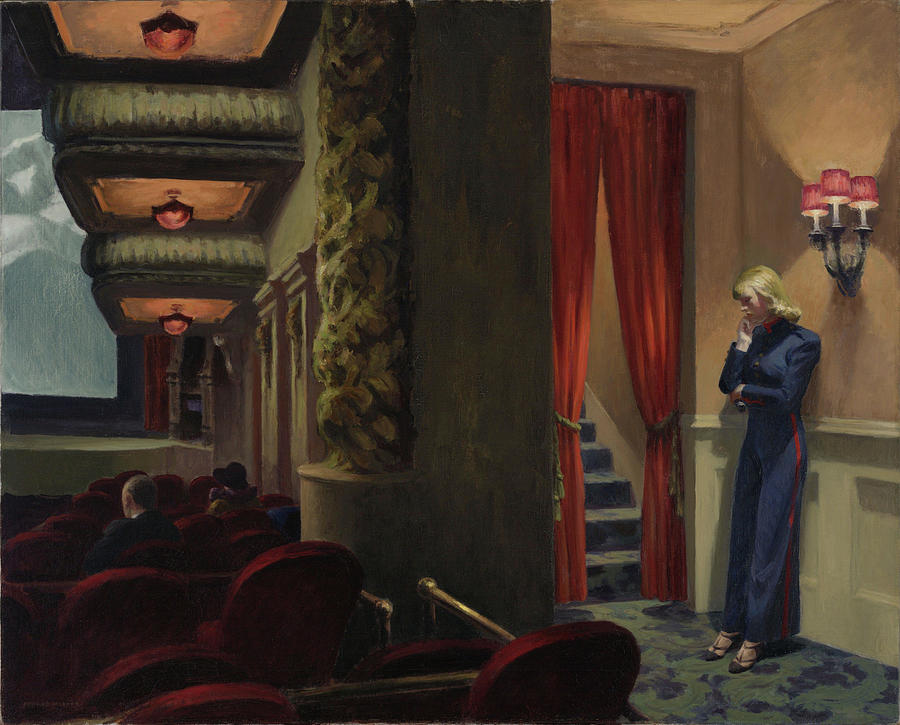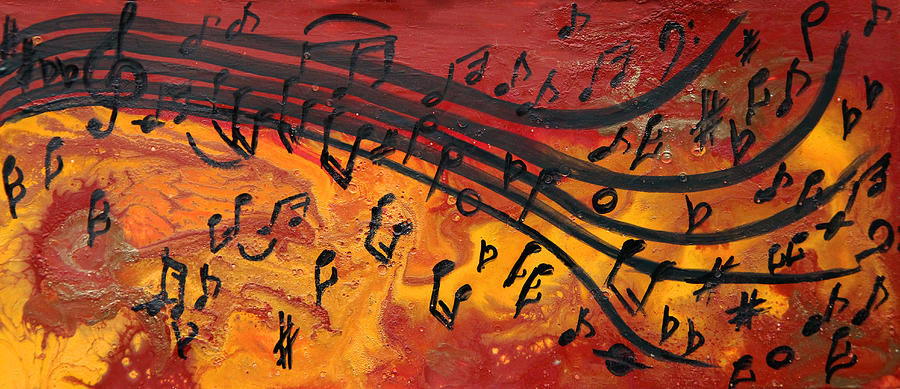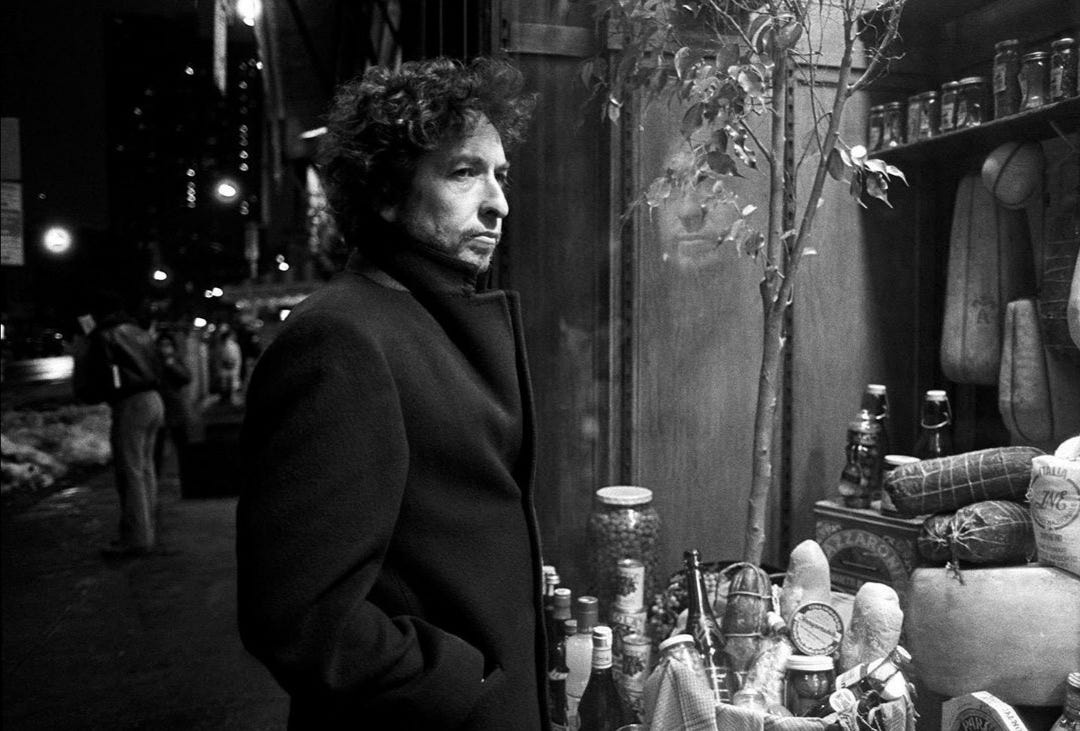skip to main |
skip to sidebar


When I was in first or second grade in Mineral City, Ohio, this joke was passed around and when we heard it, we would look around for people to tell it to:
Q. What did the boy octopus say to the girl octopus?
A. "I want to hold your -- hand-hand-hand-hand-hand-hand-hand- hand."
Listening to these early Beatles hit songs on You Tube, the music sort of bursts forth in an attitude of euphoria.
Similar to post-1975 Fleetwood Mac, the harmonies -- some classic style, and others unique and creative -- put some of the "swing" in the tunes -- put the "roll in the rock"...
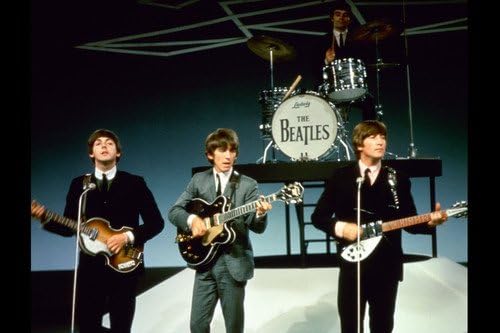 _______________________________
_______________________________
On You Tube, type in
She Loves You, The Beatles
and PLAY!
She loves you, yeah, yeah, yeah
She loves you, yeah, yeah, yeah
She loves you, yeah, yeah, yeah, yeah
You think you lost your love
Well, I saw her yesterday
It's you she's thinking of
And she told me what to say
She says she loves you,
And you know that can't be bad
Yes, she loves you
And you know you should be glad
She said you hurt her so
She almost lost her mind
But now she says she knows
You're not the hurting kind
She says she loves you
And you know that can't be bad
Yes, she loves you
And you know you should be glad, oooh!

She loves you, yeah, yeah, yeah
She loves you, yeah, yeah, yeah
And with a love like that
You know you should be glad
You know it's up to you
I think it's only fair
Pride can hurt you too
Apologize to her
Because she loves you
And you know that can't be bad
Yes, she loves you
And you know you should be glad, oooh!
She loves you, yeah, yeah, yeah
She loves you, yeah, yeah, yeah
With a love like that
You know you should be glad
With a love like that
You know you should be glad
With a love like that
You know you should be glad
Yeah, yeah, yeah
Yeah, yeah, yeah, yeah
 _____________________________
"She Loves You" - songwriters: John Lennon, Paul McCartney. Producer: George Martin. Released - 23 August 1963 (UK); 16 September 1963 (US).
_____________________________
"She Loves You" - songwriters: John Lennon, Paul McCartney. Producer: George Martin. Released - 23 August 1963 (UK); 16 September 1963 (US).

-30-
Considering Bob Dylan can lead to thinking about The Beatles, too.
During my growing-up years I heard two stories about The Beatles and Bob Dylan: one was that Dylan introduced marijuana to The Beatles, and the other story was that Bob suggested the Beatles write songs about a wider range of topics.
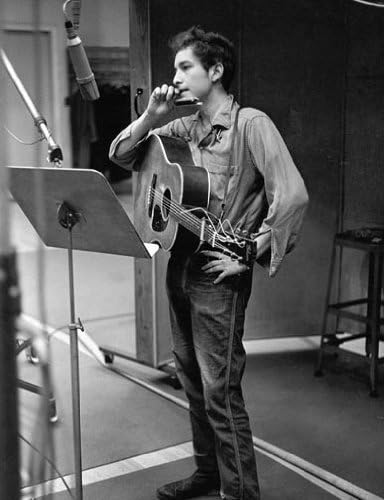
On You Tube, type in
I want to hold your hand, The Beatles
(I select studio recorded versions of Beatles songs, because many of their live performances are drowned out by screaming girls in the audience.)
PLAY.
Oh yeah, I'll tell you somethin'
I think you'll understand
When I say that somethin'
I want to hold your hand
I want to hold your hand
I want to hold your hand

Oh please, say to me
You'll let me be your man
And please, say to me
You'll let me hold your hand
Now, let me hold your hand
I want to hold your hand
And when I touch you
I feel happy inside
It's such a feelin' that my love
I can't hide
I can't hide
I can't hide
Yeah, you got that somethin'
I think you'll understand
When I say that somethin'
I want to hold your hand
I want to hold your hand
I want to hold your hand

And when I touch you
I feel happy inside
It's such a feelin' that my love
I can't hide
I can't hide
I can't hide
Yeah, you got that somethin'
I think you'll understand
When I feel that somethin'
I want to hold your hand
I want to hold your hand
I want to hold your hand
I want to hold your hand
__________________________________
{"I Want to Hold Your Hand" -- written by John Lennon
![John Lennon - If I Fell [Composing Tape - 1963] - YouTube](data:image/jpeg;base64,/9j/4AAQSkZJRgABAQAAAQABAAD/2wCEAAkGBxISEhUSExIVFRUVFRYVFRUVFxUWFRUVFRUWFhYVFRUYHSggGB0lHRUVITEhJSkrLi4uFx8zODMtNygtLisBCgoKDQ0OFRAPFSsZFx0rKysrLS0tKysrLSsrKy0rNysrLSsyLSstLSsrNysrKysrNy0rKysrKysrKysrKysrK//AABEIAMIBAwMBIgACEQEDEQH/xAAcAAAABwEBAAAAAAAAAAAAAAAAAQIDBAYHBQj/xABHEAABAwIDBAcDCAcHBAMAAAABAAIDBBESITEFBkFRBxMiYXGBkTKhsRQjUmKSosHRCDNCcoKy4UNTc6PC0vAkVOLxFSVE/8QAFwEBAQEBAAAAAAAAAAAAAAAAAAECA//EABsRAQEBAAMBAQAAAAAAAAAAAAABESExQRIC/9oADAMBAAIRAxEAPwDGqb2fMp4Jmm9nzKesgF0aII1AYKNJASgFAkldrcvaUdNWwzy36thcXYQXGxY5uQ46rlYEoNQa/tLpXY8h8FFI4McDilc1oJAyybf4qt128tbUA2pGjGD7IkdkeXqqdFVuAw8OSsuzt8nxYS1nstwj8/goqr1NFKCXOjeLk6tNr3zChli1jZm/0EgbFPGMLbk4gLEnU8TcpnbGwNmVLj1M7YXOzaSbx35Ot/SybRldygCurtfY0tO/BI23EEZtcObTxXMIsrKg7oiUV0RVwHdEiujugMIEogggAKF0EZVBIkaCkAQQsisqDcUGHMeKKyA1Uou81GBTtcBm4Z9+F+X8y5234sPA+z+JOXqrC5l6FhtnZ4+4x34Fcfb8Bs1xJs5hsMsrBh4eKw0qWJAOSEF0ZQHnM+JQRO1PiggmUvs+qdumqX2fVOlALoXRJQUCmJYcktCUBdQH1icZI3nZToKOFrO31jpjbAwWbGAeL3anwCny0cTIz1roy8aNY32b59tx+GqCBSUhf7N39zLF32bglTW7Ga44RUMY7iydssJHngLfUhcioZhIcLMORAZfTgTmptPvJOBhkIlaODxf0OrfKx70UvaGx5oQC9nZOj2lr4z4PaS0+qhsNsgT8FNm2kHXfC9zCfajdb3OGUg7nC45lQHzh2oAPdlfy4IJTqsvbgc45GwvoPBc+SKwz52RyOOqJ78WuqKjOCSXJ2UJgqsjxIXSUECwULpIQugVdGSkAoyUB4kYKSCgkCroroBAqgi5GCiQCg1PZFn7OP1S4eN4lydrvDoI7D2QbkA2ALWAXOl7hdndNl9nO49tmXixzVzGyk0LxfSRnvWGmfO180V0qcWcfEpC2y57tT4oIO1PigqJlL7PqnbJql9keJTpUBJTSko0wPxNubBTRH1bQ63aIuL8BzTGy2ElzhbsNL89LC1/iu/R7xx2aJ4GyhrMOXZORBZcgZgWGSlVymwSgg5hxtwzF11a3dqfq2OwGzsz5C5cR4EJ2t3/AKh+TGxRtAwtaI2mwsQDicCScyb8yuZsza9QXBomLQTmXOsLnUm/wUVYt39yX1LTI5xjYGm7nNyvYBoGeeZVMlpC1zmkG7SQf4Sb/BbJsLeBlHTOMj+sGRjiuDjfc58mNBANuPJUMuLpH1LwC5xc7DbVzy4nLkL/AARFRDRp6HPzsilaRrqeP5q3SUcEQtMw9ZZrje4Ax2LbA6jOyh75U7i6Jojw9TDFC4i3ae1o7RtrcWKuiudZlZAOTb2kaiy1/dvozpmfJ6maQzCwdNEQOrs5uVrZmxINjqEvBGSOddMFbtvx0V087OuoGtieB+rb+qk45D9g+GXNZ9u10a1dYJTdsJhfgLZA7EXgA2sNBmM0lhikoLtbx7qVdCbVERaNBI3tRnwePxsuKiAgggqAlIgUEBgIAoIKqUESF0LogWQQRoNU3AkxUUje+M/et+K5tJc0tQ22QdESePtFqe6PHj5NN3NafsyhN0rTgrBwDQfSULne2lArG9tw7ymSpW0RaR3iopW4y5ztT4oIO1KCom0vsjzTitu62xutpGP+R9bdzwXh7gTZx4Bp00XQl3fAGeznC2ZIkffz7Cz9KoKCu7tgsP8A+OUcrOJv9xR5diw8aaUeqfQr2xgDJZ2ljcXtccr+i6+xtkMqMcbL3Js11vZbfIEc1Ih3dcWzSwtc3qIjK4P4sBAOHjfNdvozpNXjO7wb+H/tS1VuGy9mUDY4vkcc0zhY4mda8nmcWTRfmQE5SbXotowyUr6F8MUeruqYxsTrlocC05aFXSPDYXAJtqk1UgEeQA77D8NVnVY/V7o1UUnUQvM0erXDCMtQP6hTdgbozOqQJxky1xwyAIbn3K97HjvI55NzbLu7/EpGz5T107QS0lwzFshhHMHjdUVHf6mjqalkLCwyHBGXC4uC8F1+AYxrTnzNlVKmlwNqJA10kMVQ+Iuvla7Wx2PPNaVtrdeqEvWU1SGxvt1sbmiQktvci9rh2Vx3CyLZWyjNSS0ctP1OuQHZLtQ8O45555qJjEdszte2Mta0NDfO/HEtO6Jtvy9WGStd1eUbJDm0/Vd+ape8e7jYGm2pdYXvk1lrnxN1bOi2qY+E077YmHMdxPEHVXxI1djXRDFGcTDmWZXHez8kUrmPHWwvs7jbjbhI3n71ydn1j4XCGQ3Y42jkPrgcefx8l06uDq/nomgm3ab9Mfmo0WyrimBp6mNuJzT2H9pkjdCWk5O8NQsp3+6JjGHT0ALmC5dASS4DX5snMjuWmVRiq4iWkte03abWfE8DWye2RUVOACXAXDVzcQBHPCdCrDHlNwtkciMiDqDyKJek95OjmjrS57mCOR39pH2Tfm4aO81iu+e41Ts513jHDfszNHZ8Hj9g+K1rOKsjKACVhPI+iqEgo0SCA0aACIoDuhdEjslF43DrRHHO5xs0QSOOV/Zc06eCn7HcJPlZYSQ6GRw8MQOfkVU9jSv6qVrL3dHIDbXDhufgrFuZNZ5GodDM3/Ld+Sy0pu1P1h8vgohU7bI+c8QFAWojnu1KCDtT4oKo6NFUvawBr3AXOQcR8Cn/AJfN/fSfbd+ahU3s+ZTqnAkjac4/tpPtO/NLO2Kj+/k+0VCRIurjuFWTz1ghL3PbLHLG9pORaWXz7rhqs3RlGWgsOREjmngQWkgj1Co+5O8PyCpE+DG3CWuAsHWNs2k8clp+wNow1E0lTAwsjlkxBpsDiIGMkDm6581mrGmUUYDfJcveCvDAGhntXzOmS6Ecway55XXErYvlOTmAtJvn8VFN7GpnGN7zzOY4KLu6WmRxcQHucQAeICkt2PVRMMUErWxuz7bS4sB1sQRfuvooOztnvjlZ1kmMNdcXYBna1yR8FILl1BGQPlwUeqnwjvU2KQYVwd5KgNic/iAlGQ9JtUBM0Z5h3gCTr4qqUu2nwyRzMye09rPJ7b6ELo7akNVVhgObnBnO13aqDvRQRwSmON+MM7DnZZvHtW+rfIeC1+emW8bv7Uhr4G4bEObmOIPEHlmlwbQlpJxTyXfG82jee0Rza4jlrfiFhm5m9UlDKCLmNx7bf9Q71vWytpQ1jY5AQ64uCLealixMpogCSAM8zbiea6NPpf1um2jDpYN70tsrODs/FI0ll6aqadkjSx7Q5pFiCLg9xROly1CRBMDkgw/pL6OzTE1NK09Vq9guTH3tH0fgqXRVwNg97x3jML1NWRte0tcAQRY991g29PRrURmeenAdEw4+rAOMMdmbcCG8tbKxixXeuhP9ub/uj80uJsF7/KBfvAVfsD4pBFslcFvZHHwqI/MN/JDq2addCfEf+KqCCfKLTLTRnPrKf0/ooklC05h8OXLK64QCBTBaNm7DqHvtA5mKxzBsALWN/IldTdenMFSyJxFwXtJF+LXDik9GDyHShuvZ99wugRbaDMXF7ffcLPrSp1NMXE9kG2RubW7lFNF9QfaTm8bcMhA+k8ejlyMR5laiVz5RmfE/FBJccz4oLSJdN7PmU6U3TeyPNOkKBKCNEoCBWp9HEw+TAXzDj63WWK17j7SMTi0+wSLnkTz9FKsegoHtkiAvq23utdUrZVK2OZ8NTUz4sVmHEA3DnbuPDvXZ2DW3FuXuuulVbIjmN3AdxIB8jzWWj7qPCCI6p7bWAD2h3iTcAkd91WtpbXmhkZG9jZmvIDJIdQTwLc725rrybCOEsa5zBwwvkA9A6yVsTd+Gn7QaC76R177cuPqg7VJHaPPkq3vQB8ne7gAT4kZ2XZ2jXWAY3U+4c1RekjbTY6ZzAcyMIHMnLP4oOduKzZdNTnaFROw1DhKcGMEsBxNDWxjPERz5rIp5cTnOPEl2fMm6lghsIuwB18nWFzmDe/koC1GaJWncjex1DJZ13ROPaHFv1m+ir1FSSTODI2lzjwH48ledkdE9bM3E5zI+49o+4q2kbJR7VjmY1wILXNxC3Lh5p8kEZBVbd3daWiibE6brcJdh4WDiDYd2SuFNTnDoAsNIwpicsRPwUulpbKVBT24p7BY5IECK6qfSZvQzZ9G5rCPlE4LYxxAIIdIRyHxsi396RINntMcdpakjJgN2sv8AtSEafu6lefdsbWnqpXTTyF73ak6AcGtGjWjkFqJa54CeFiLH1SQEA1VBPjIyKRZS2kEWKamgw56hXUNFBBBBc+i0/wDUPH1b+huu7tpgZXREX9pp+/8A1VZ6OJLVdubHD3FW3fBuGpgdfj6WLT+Kxe2p0pG+Udp390sg950VeVq36jInkv8A3hP2hdVVb/KVzXalBG7VBVEym9n1TiapvZ8ynVAERRoICCsO6MIeZGnRzQPeVC3a2K+sqYqZhsZHAE8Gt1c4+ABWxbU3epaRtKynjAF3h7zbrJD2e092p45aBSrHD3Vr3QVHUzE9oANcf2raedlp8AxWLTx5qibY2SyYAEWOoIysdMjzRUwr6f2XdY3v1/qsNNLLC3O4suZtfajYoy4mwHqTyCqMm9NTaxhPli9+S409PXVr8+wwcXaD91t7kpwOntDedkAxuOKZ/ssHacOTQFlW9lbUSS/PgtNsQZfQHmOBWwbP3ZgpWmR3bfbtSPzdpfyCzXpA2c5konlxN+UR9ZELZBocWta6/Etwu7sSs7Sqc5xKII0Vlplr26FJTbPo21c7hd4a64sTdwu1oGpy5Jx/TFE0kMgkcP4W+GSyPrXOAa55wjQEkgeA4K07vUlA0h09Qwd1nm3o0qY0sknTAS64pjh/eF/gnp+mT6FO7zcLKrby7M2fhxUtUxx+icQPq5oVQISYbWrM6Z5f+2H2/wCi5G8HStX1LTHGRTsORMd+sI5dYcx5WVASmq8JpZeSSTckm5JuSSeJJ4o7IyxGGlATQlBqGFKYiitZONkt3onJsog5IAc2+ij2UhjrJT2B2aFdjcJxFYzzHqFed/4LOjPAk/BvFUHcw4a2EHi8D3rRukCK7YzyI+802+Cze1U7pBZ23EZg9WQed2AKmK8b8s7LSOMUTvwVIW/z0lc12pQQdqfFBVEymHZHiU4nYIG9U1wfdxLg5liC2xyIP7Vx6JsqAksNQYE5ZQXLoab/APaRm2XVygnxAC0ffGnkimixXcwYrPtl2iMvEAKj9EVK99Y6drLRRtMfm/MDvNmkkreK6gjniMcgu1w8CO8HgVmtRUIaPE2+vJdOljBFjqplHs0xDA44hoHcx396RU0g4ZFRTMlKzkEg09hcZeGqmUsFu9dKKkGp8gg40GxuuIdKPmxmGHV/LF3dyz/9IQNw0v0ryHys0LYivOnTFtv5RXvYDdlOOqb+8PbPrl/CtSJVAKCBSgqkHE0FOFIZqnLIhKBal2SsKBoxpBjIUsNySXBAyyROhMvi4hBj0XEgMSsKS1yWEBOTTwnrJLggYARtfZG4JJREqjq3RyMkb7THBw5ZFaLtvbsdZSskZ2XBzBIzixwDhlzBvkVmIKkQSluYP9e4o0tm+QvFG7nTt9ziqKrrtirjmpISw9pkb2PbxDgQfQ8CqUkSuY7U+KCDtT4oLSLBsOlLo75WuQCRnqNDwzSKugLDrce9Tt3x8y3xd/MlVb8yO7x8ln1XLY1G5A5ZInojdehqkH/xjXgWLqiUuPMg4B6ABaRT6WVD6EBfZY/x5fiD8VoDAo3Bkc1xa6sg63qeviEmpjL2h4HPDqpO1eslDoYZOqeW5zABxjuOzhByLjr3DyWJb19FVTTQTVjqpkzmHrHjC4OLf2n43OzdmPeg3ajhaACCHX/aGYPgpK83dHfSBLs+Rscji+lcbOYczH9ePl3t0PivRsMoe0PabtcA5pHEEXB9EwNbRqRFFJKdGMc8/wAIJ/BeSa2YyOfI7VxLie9xufeV6Q6Vq8w7Mntq/DGP43WPuBXmqXkrEpmyFkaOyMhZPjRMhPxaIsG0JIN8kp5SQiJDG5JEjUpiOQIQy0JM0YvceYTo0SSckU2GcRklNLh3otPNOtKIDXoOKU5oKRayKThSHBOkJDggQEuMpDkAURJD7acRbyUEiylNcm5GXIVHFdqfFBG8ZnxKCotWwP1I8XfEo6uM3ufci2DbqBw7Tvinp3LHrTlTssf+aFIe3JS3txBRHKo3joFnxUEjPoVDvvMYfxK0lxsL8lkf6Pc/zdXHyfE/1a5v+la4Qo0TBHYd5zd3k/8ALeSrPShXxxbMqesNusjMTBxc9+TQPj4Aq0gLz10zbfNRXmFrvm6YYAM7dYQC824nQX7kRTd3abraqCO18U8TSDncGRuIel163a0DIZDhytwXm7od2d121IiRcQtfMfFowt97gvSNkIy7p62gG08EF83yF5H1WNtf1csLxXJsB5rQunLanWbQ6oWtBG1l/rO7bv5mrPYFQWFHZKeUTAjIgE5EgB4JRtyRSCUpiQ5LjQPtCMhBqMBA2wJQbkitml8EEctvclEzLIp1wTJ/BA7gRFqJsnApV0AAREJYCI2RDRCQQniEghAlpRkoiESK5DzmfEo0T9T4oKizbEPzIHe74lSpIfNQ9j/qR4u/mUwut8Vm9iIWWPkoMmq60rgR71zKpvFUaV+j/V4ayoiJ9uAOHf1bx/v963VeZOiqsMW1KU3tjcYj4PaRb1AXpxSrDdTMGMc86Na5x8Ggn8F5E2jVmaWSVxJMj3vP8TifxC9L9Jlf1GzKp/F0fVjK+cpEf+peYbKjYf0e6LOrn/woh997/iz0Wsba2mylgkqJPZjYXHvtoB3k2Czj9HyP/pKk85wPSNv5qV081xZQxxD+1mAd3hgLretlDxhu2tpvqp5J5PakeXnuucgO4Cw8lGiTV09EqhUqJoRyI2IFMFs0h5Tjimm6oU5MMgjjCE5yRwohy6djOSadolR6IpEut0bSlStuE3E5AuTRMM1KfLhZRibXCAzYpOEg5JQ4BBxQLa8jvR9b3JLRxCVh8j7kKLEOflxRdYjkCbwhAHc0kpZCbeUVyH6nxRoO1PigqLHsT9UPE/FTX+ChbG/VNPe74qa4rN7RGnIAKhA370/Xy5WSaGO6omblEjaFJz+URfzher7LyVsiTqqyB/0ZonffavWxSrGW9P8AW4aOGH+9mxHwjaTr4lqwo6LVen+e9VTR/Qic62er3j/YsscEiVvvQJHbZz3fSqJPcGj8FD/SChJpIHD9mcg/xMP5LsdCkWHZUR+lJK7/ADCPwU/pS2R8q2bOwC7mASttreM4iPS6K8wBPxplqdARDmqUAE01ONQAlFEM0kpcWqIVMUcJyRuZdCJnNFKclNNgjKDigMyZJnilyaBNuQJl0SAeKW8ZJDAgXxBSXjNKSC5AtjrIxKeOaTGESIW54701iSi9NkopRKbclWKSQqOW7UoIO1PigqmrBss/MjxPxUtzijQWL205u0dQpFKcgggqESn55n74/mC9WwyOsMz6lBBKRg/TRITtAXJPzEWp8VQnIIInr0R0VvI2XTWJHZfp/iPVlr5D1UmZ9h3H6pQQUV5N/JONRIKhbSj4IIIkE5GxBBEOvOaWNR4IIJVg3lJ4oIIUp2gTbkSCIPgkMKCCLCb5pJQQRTjETkEEZNEoBBBAoJJQQQcp+p8UEEFR/9k=)
and Paul McCartney
 }
}
-30-
:format(jpeg):mode_rgb():quality(40)/discogs-images/R-1533826-1358656001-7632.jpeg.jpg) That one reader who wrote in to The Guardian about Bob Dylan's new album, was using earlier Dylan album titles to help express his thoughts -- similar to how Dylan himself sometimes uses language.
That one reader who wrote in to The Guardian about Bob Dylan's new album, was using earlier Dylan album titles to help express his thoughts -- similar to how Dylan himself sometimes uses language.
Tom Harding of Northampton wrote this phrase: "...the love and often blatant theft of pre-war blues... [etc.]" Playing off of Dylan's album Love and Theft, which was released on September 11, 2001.
Harding also wrote, "...how you still write great songs when admittedly you can't quite do it as freewheelingly as you used to....
...Referring to The Freewheelin' Bob Dylan, his second studio album released on May 27, 1963.

Another reader wrote that listening to the Rough and Rowdy Ways album "feels like going for a ride in an old Cadillac through an America of Hemingway and Hopper..."
Hemingway is a familiar name to us -- the American novelist who shared his Key West home with six-toed cats.

"Hopper" -- I wasn't sure, thought maybe referring to an artist. Yes! - Googling Hopper, artist, we are given Edward Hopper. He "was an American realist painter and printmaker.
While he is widely known for his oil paintings, he was equally proficient as a watercolorist and printmaker in etching. Both in his urban and rural scenes, his spare and finely calculated renderings reflected his personal vision of modern American life."
1882 - 1967

-30-
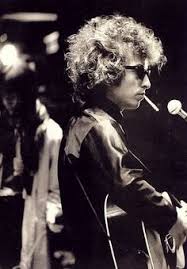 The UK online paper The Guardian invited readers to write reviews of Bob Dylan's new album, Rough and Rowdy Ways.
The UK online paper The Guardian invited readers to write reviews of Bob Dylan's new album, Rough and Rowdy Ways.
Tom Harding of Northampton wrote,
As a self-confessed Dylanologist, I am very happy with this record.
For those paying attention, Dylan has been busy for some time creating, or perhaps curating, a new language of expression. The incessant inter-textualisation of pop culture allusions and literature, the love and often blatant theft of pre-war blues, Japanese pulp novels, civil war poets, New Orleans travel guides, and frankly anything not tied down.
A means to solve a dilemma of how you still write great songs when admittedly you can't quite do it as freewheelingly as you used to....
Brandon Brotherton in Denton, Texas, said:
This is as comfortable as he's ever sounded. Even the blues stomps are loose and easygoing. It's his goal of having the past, present and future all in the same place, fully realised. He's done with being lovesick, resigned to building his own version. Even the love songs (such as I've Made Up My Mind to Give Myself to You) seem to be more about life on the road than a commitment to a newly found relationship.
The singing is as good as it's been since Time Out of Mind. I wasn't all that interested in his recent run of covers records, but it obviously inspired a softness in his vocal approach and, with the music, it gives off a feeling of continuous drift. In the end, he's content sitting on the beach, watching it all burn.
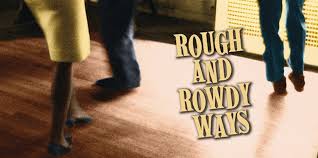
Niall Brennan, York
Simple words and simple language again suggesting something far larger, far more multitudinous. This album is a quiet, humble masterpiece from an artist at the peak of his powers.
"dylan37"
There's dark graveyard humour, aching love songs to old flames that still flicker, a long scene by scene musical version of Oliver Stone's best film mixed in with a flick through Bob's vinyl collection. It feels like going for a ride in an old Cadillac through an America of Hemingway and Hopper, all the way to Key West, with Howlin' Wolf and Jimmy Reed on the transistor radio.
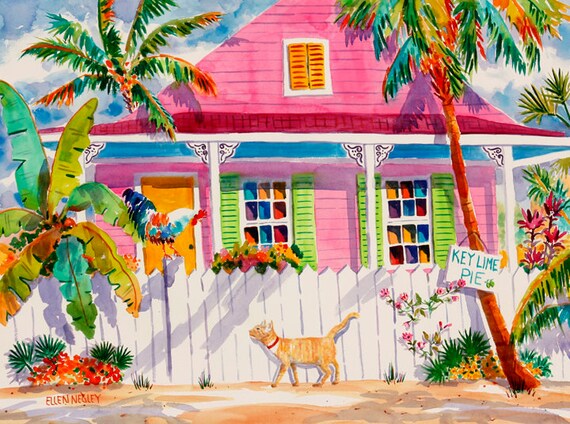

---------------------------------------------
Alexis Petridis reviewed the album for The Guardian, writing, "This isn't perhaps the most comforting communique to issue in the middle of a global pandemic, but then the man behind it has seldom dealt in soothing reassurance.
And besides, it doesn't matter.
For all its bleakness, Rough and Rowdy Ways might well be Bob Dylan's most consistently brilliant set of songs in years...you don't need a PhD in Dylanology to appreciate its singular quality and power."

-30-
There's an episode of The Mary Tyler Moore Show where Mary feels like her life has gotten "into a rut." Doing the same thing every day...
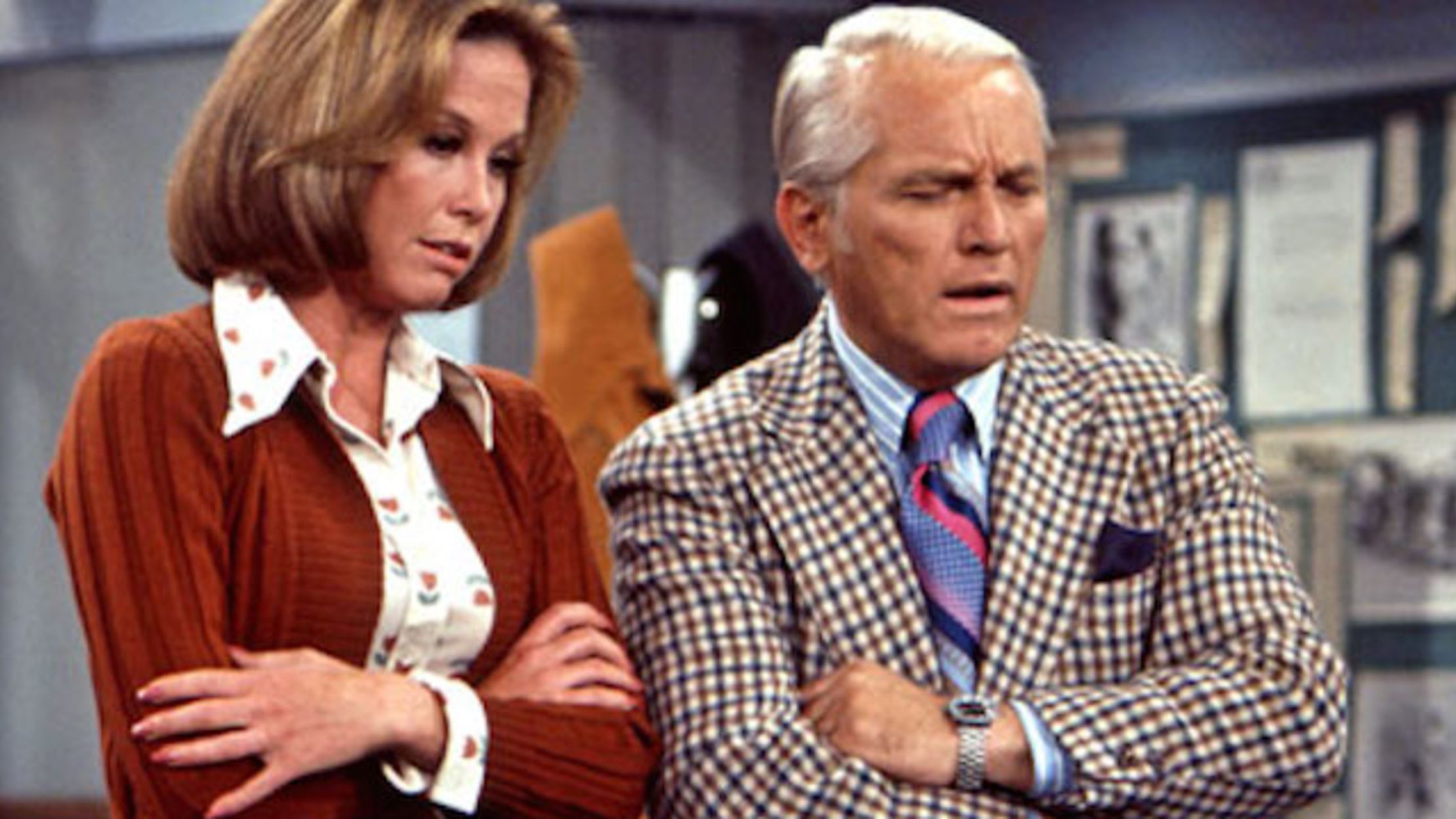
Ted Baxter tells her, speaking with great confidence, "Mary, I know exactly what's wrong with your life!" His tone changes, and he speaks each phrase with a sighing weariness:
"Ya wake up.
You eat your breakfast.
You drive to work.
You say hello to your friends.
You work at your job, you
go to lunch
Ya work some more --
You say good-bye to your friends.
You drive home,
You have dinner
You read a magazine,
You watch TV... --
And you go. To sleep."
A real "blah" tone infuses everything he says. He sighs at the end. He says, "Isn't that right, Mary?" She nods her head yes, with a comically distressed expression.

And Ted then says, with convincing firmness and energy, "Now Mary, starting tomorrow, here's what you've got to do..."
He speaks loudly and confidently, boldly, with a smile and an attitude of eagerness, enthusiasm, and joy:
"WAKE UP!!
Eat your breakfast!
Drive to work!
Say hello to your friends!
Work at your job!
[super-happy and energized, with hand gestures]
Go to lunch!
Work some more --
Say good-bye to your friends!
Drive home,
Eat dinner!
Read a magazine,
Watch TV... --
And GO. To SLEEP!" [big, satisfied smile]
-----------------------------------
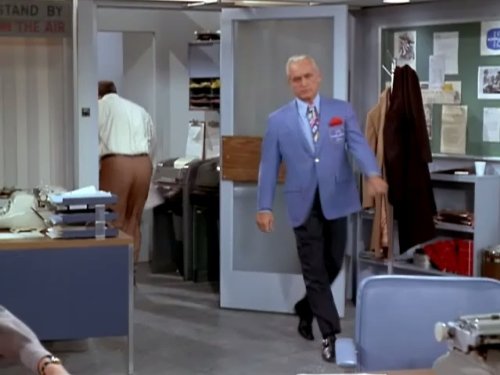
The audience just roars -- they love it. It's so funny, the way he does it.
Mary stares at Ted in astonishment and says, "Ted that was wonderful! It was profound! You're so right -- it's not what you do, it's how you do it!"
And now, having served up this perfect Ice Cream Sundae of Comedy and Philosophy, they put on top of it this dollop of real whipped cream and a lovely cherry on top of that:
After Mary says, "It's not what you do, it's how you do it,"

Ted responds very seriously, in his deep announcer's voice, "No Mary, that's not what I said. I said you've got to --
[joyfully]
WAKE UP!
EAT YOUR BREAKFAST!
DRIVE TO WORK...! [fade out] lol
_________________________
The title of this episode is,
"Mary Moves Out" -- you can watch it on You Tube.
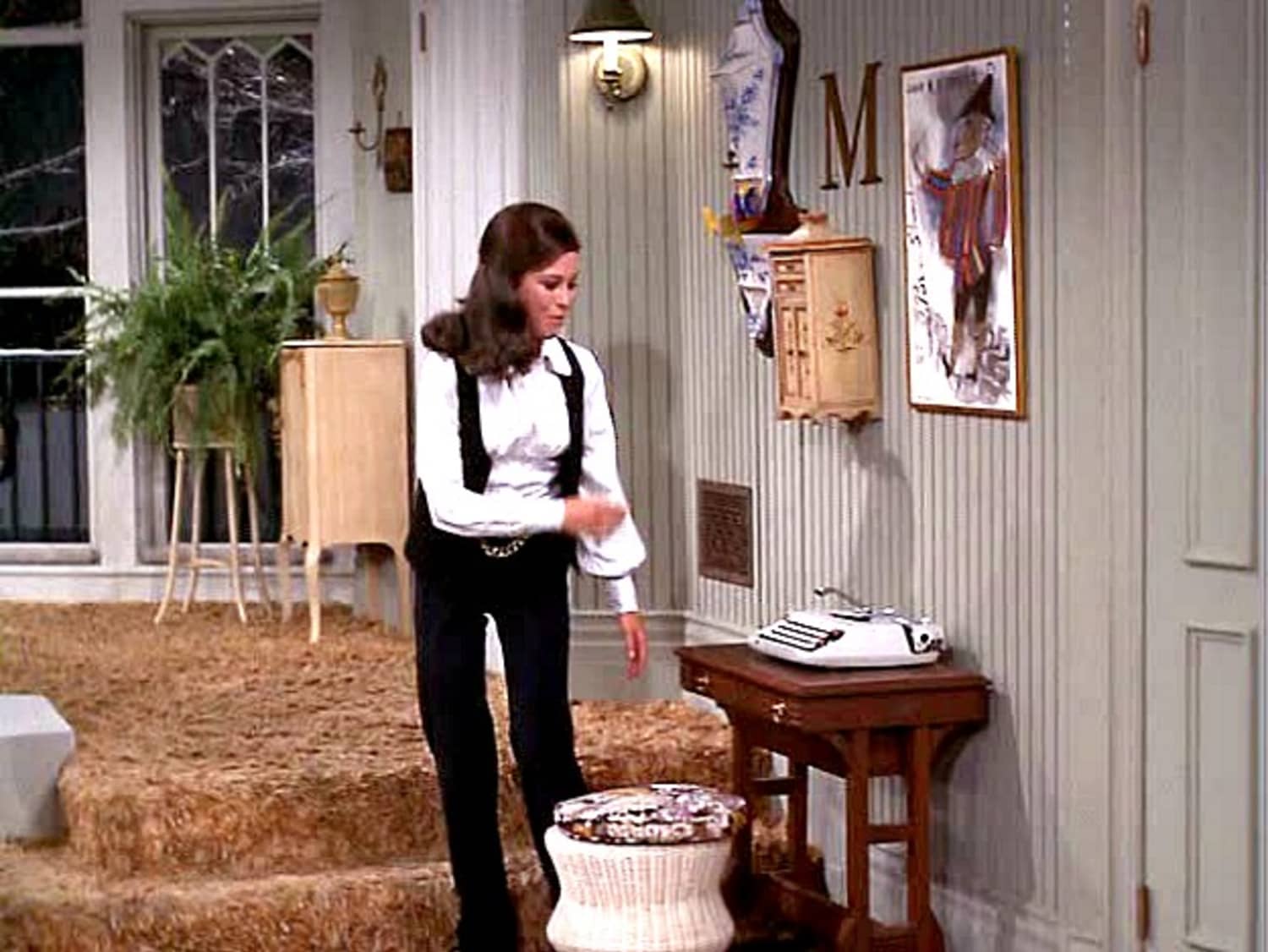
-30-
 When I was watching (listening to) episodes of "The Mary Tyler Moore Show" on You Tube, I scrolled down and read some Comments -- one person called the show "a comedy of manners."
When I was watching (listening to) episodes of "The Mary Tyler Moore Show" on You Tube, I scrolled down and read some Comments -- one person called the show "a comedy of manners."
I wasn't sure if that was an accurate use of that phrase -- what is a "comedy of manners," actually?
Google definition:
a comedy that satirizes behavior in a particular social group, especially the upper classes
(Wikipedia)
The comedy of manners, also called anti-sentimental comedy, is a form of comedy that satirizes the manners and affectations of contemporary society and questions societal standards.
Social class stereotypes are often represented through stock characters such as the miles gloriosus ("boastful soldier") in ancient Greek comedy or the fop and rake of English Restoration comedy, which is sometimes used as a synonym for "comedy of manners."
A comedy of manners often sacrifices the plot, which usually centers on some scandal, to witty dialogue and sharp social commentary.

Oscar Wilde's play, The Importance of Being Earnest (1895), which satirized the Victorian morality of the time, is one of the best-known plays of this genre.
The comedy of manners was first developed in the New Comedy period of ancient Greek comedy and is known today primarily from fragments of writings by the Greek playwright Menander.
Menander's style, elaborate plots, and stock characters were imitated by the ancient Roman playwrights, such as Plautus and Terence, whose comedies were in turn widely known and reproduced during the Renaissance.
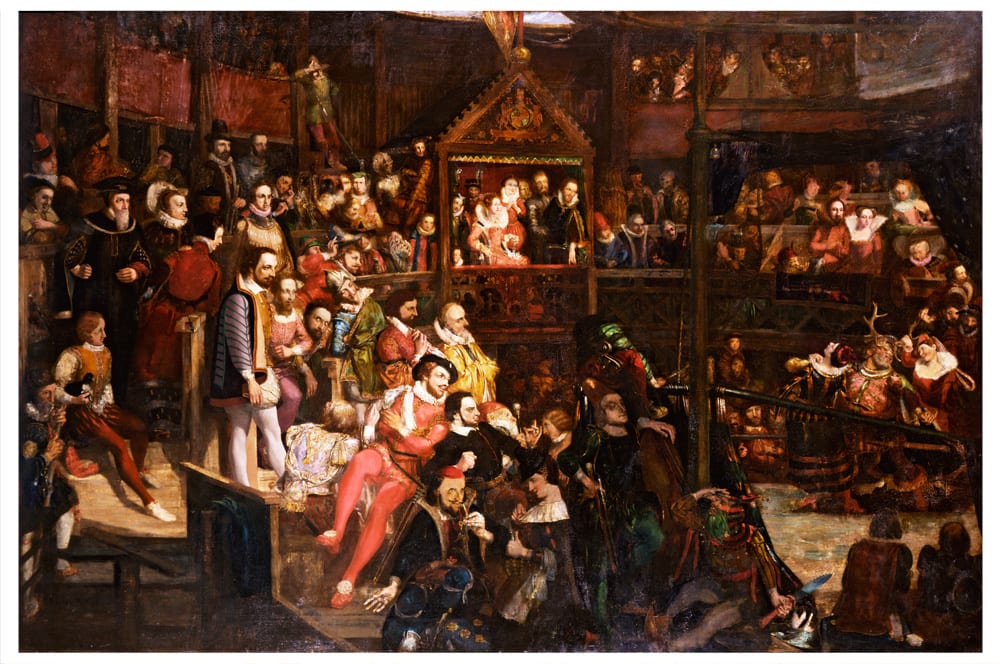


-30-







:format(jpeg):mode_rgb():quality(40)/discogs-images/R-1533826-1358656001-7632.jpeg.jpg)

